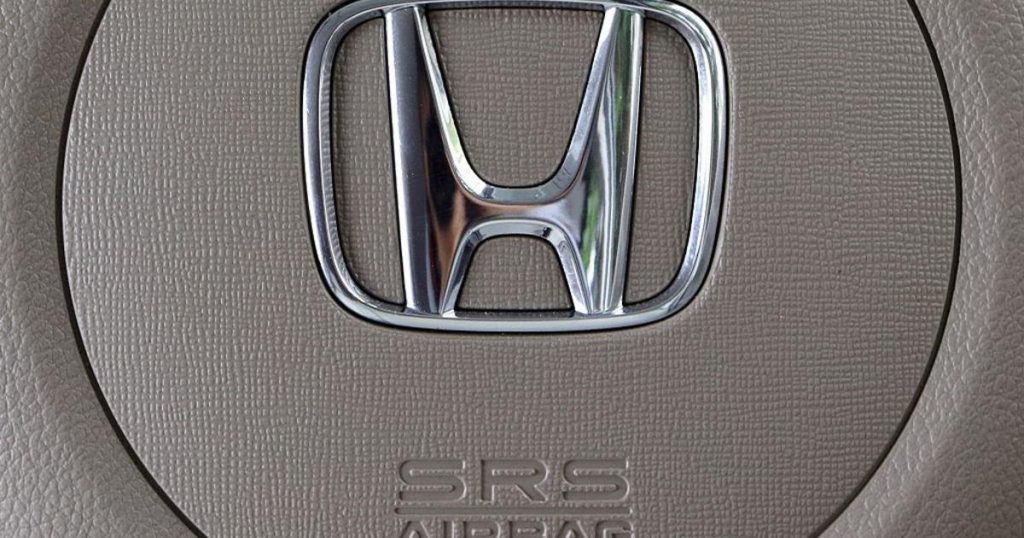Honda is recalling over 2 million cars, with the most recent recall affecting about 187,000 Ridgeline pickup trucks due to rearview camera issues. The wiring in the rearview camera is susceptible to cracking in cold weather, which can ultimately result in the camera no longer operating. This poses a risk of collision or injury while backing up. Honda has received 402 warranty claims related to this issue, prompting the recall. The affected vehicles include 2020-2024 Honda Ridgeline pickup trucks manufactured between November 2019 and April 2024. Honda plans to replace the wiring for affected Ridgeline owners and is now using a stronger material for the rearview camera harness.
The recall of the Ridgeline pickup trucks is just the latest in a series of recalls by Honda in recent months. In February, the company recalled over 750,000 vehicles to replace a defective sensor that could cause the front passenger airbags to inflate unintentionally. In December, more than 2.5 million cars were recalled due to a faulty fuel pump that could cause stalling while driving, increasing the risk of a crash. Additionally, 106,000 CR-V hybrid SUVs were recalled in December due to a battery cable problem that could lead to a fire in an accident. These recalls highlight the importance of addressing potential safety issues to prevent harm to drivers and passengers.
Honda’s recall process includes replacing the wiring for the Ridgeline pickup trucks and allowing owners who have already paid for the fix to submit paperwork for reimbursement. Customers with questions about the recall can contact Honda or the National Highway Traffic Safety Administration for more information. The recall serves as a reminder of the importance of regular maintenance and monitoring of vehicle safety features to ensure that they are functioning properly to prevent accidents and injuries. By addressing these issues promptly, automakers can protect the safety of their customers and maintain trust in their brands.
The impact of the recalls on Honda’s reputation and sales remains to be seen, as repeated recalls can damage consumer confidence in the brand. However, taking proactive measures to address safety issues and communicate transparently with customers can help mitigate potential backlash. Automakers must prioritize the safety and satisfaction of their customers to retain their loyalty and trust. Continued vigilance in monitoring and addressing potential defects in vehicles is essential to ensure the safety of drivers on the road and prevent accidents caused by faulty equipment.
As a major player in the automotive industry, Honda’s recalls not only impact its own brand reputation but also reflect on the industry as a whole. Safety issues in vehicles can have far-reaching consequences, affecting not only the automaker but also suppliers, dealers, and customers. By addressing these issues promptly and effectively, Honda can demonstrate its commitment to safety and customer satisfaction, hopefully mitigating any long-term damage to its brand. Transparency, accountability, and proactive measures are key in managing recalls and ensuring the safety of drivers on the road.
In conclusion, Honda’s recall of over 2 million cars underscores the importance of addressing safety issues promptly to prevent potential harm to drivers and passengers. The recall of Ridgeline pickup trucks due to rearview camera issues is just the latest in a series of recalls by Honda, highlighting the need for ongoing vigilance in monitoring and addressing potential defects. By prioritizing safety, transparency, and customer satisfaction, automakers can protect their brand reputation and retain the trust of consumers. Continued efforts to improve safety features and address recalls in a timely manner are essential to ensure the safety of drivers on the road and maintain a strong reputation in the automotive industry.


